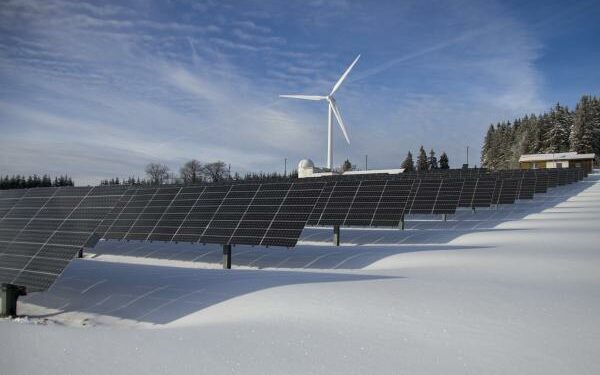A new study released by Schneider Electric has indicated that while most organisations feel prepared for a decentralised, decarbonised and digitised future, few are taking the necessary steps to integrate and advance their energy and sustainability programmes.
This false sense of security can be attributed to the finding that most companies still take fairly conventional approaches to energy management and climate action. And the gaps in innovation are further complicated by limited coordination between procurement, operations and sustainability departments, as well as inefficient data collection and sharing.
According to the survey, 81% of companies have made efficiency upgrades or plan to, but 30% or less are considering new energy opportunities such as microgrids and demand response.
Of almost 240 large corporations ($100 million in revenue or more) around the globe, 85% of survey respondents said their company was taking action over the next three years to keep its carbon-reduction plans competitive with industry leaders.
But the projects that have been initiated or are in development skew heavily toward energy, water and waste conservation. Outside of renewables, few of the organisations represented are implementing more advanced strategies and technologies to manage energy and emissions.
Just 30% have implemented or are actively planning to use energy storage, microgrids or combined heat and power— or some mix of the technologies, the survey said. Only 23% have— or plan to have— demand response strategies or plan to in the near term.
“We are in the middle of a massive disruption in the way energy is consumed and produced,” said Jean-Pascal Tricoire, chairman and CEO at Schneider Electric. “The near-universal focus on conservation is a positive. However, being a savvy consumer is only a part of what’s needed to survive and thrive. Companies need to prepare to be an active energy participant, putting the pieces in place to produce energy, and interact with the grid, utilities, peers and other new entrants. Those that fail to act now will be left behind.”












